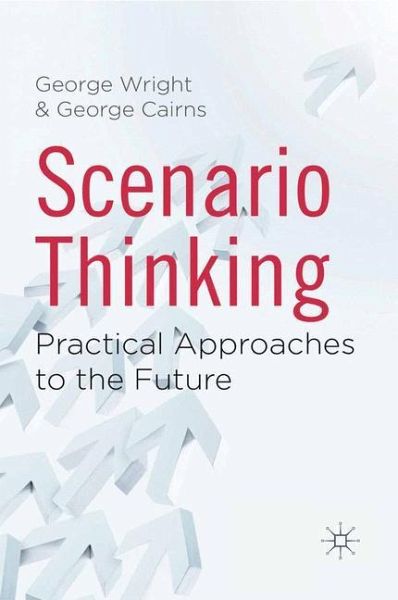George Wright is currently Professor of Management at Durham Business School, University of Durham, UK. He has consulted and provided management development programmes on scenario thinking and decision making with organizations such as Bayer, EADS, Petronas, Scottish Power, Thales, United Utilities, and national and local government in the UK. He has published on scenario thinking in international journals, including Futures, Technological Forecasting and Social Change, International Journal of Forecasting, Journal of Management Studies, and Organization Studies. George Cairns is currently Head of School of Management at RMIT University, Australia. He has worked with scenario method and delivered workshops for organizations including National Air Traffic Services, South East England Development Agency, the Facility Management Association of Australia, and the Risk Management Institution of Australasia. He has contributed to a project exploring higher education futures for Romania, funded by the European Social Fund, and has published in international journals, including Technological Forecasting and Social Change and Futures. Both authors can be contacted by e-mail via: scenariothinkers@gmail.com
















